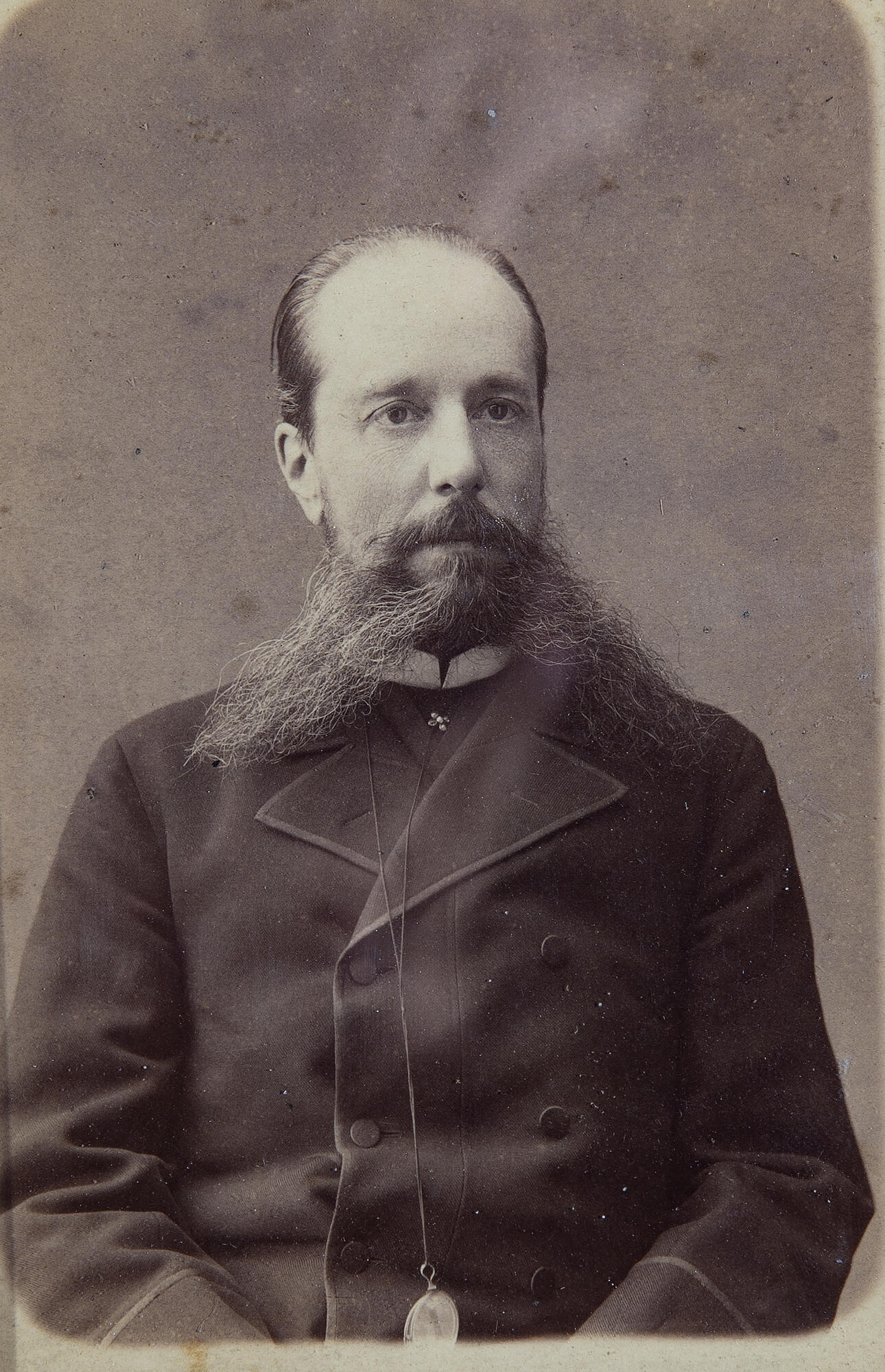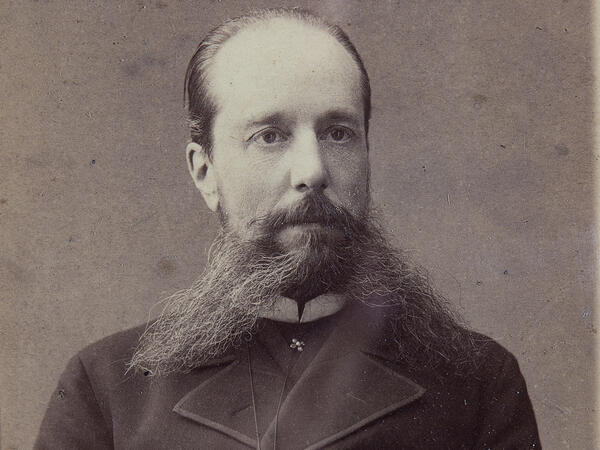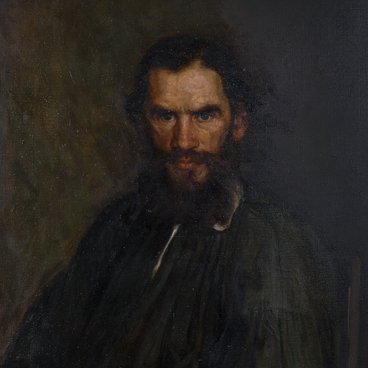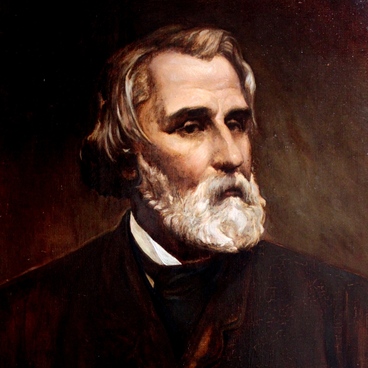Ivan Tyutchev, the poet’s son, statesman and public figure, was born in St. Petersburg. As a child, he spent several summers at the estate in Ovstug together with his mother, his brother Dmitry and sister Maria. Each child had a separate room. The poet’s eldest daughter Anna described the life of the Tyutchevs in a letter to her friend Olga Smirnova in the following way,
Portrait of I.F. Tyutchev
Creation period
the 1900s
Dimensions
15,5x9,5 cm
Technique
photograph
Collection
Exhibition
0
Open in app#1
Portrait of I.F. Tyutchev
#4
#5
Our house resembles an elementary school based on mutual teaching. Mom teaches English to my three sisters, my sister teaches me Russian. I give Maria and Ivan lessons in all subjects, because we do not have a governess, and I find this task very interesting to me…
#2
After graduating from the School of Law in St. Petersburg, Ivan Tyutchev married the only daughter of the writer Nikolai Putyata Olga, the heiress of the estate of the poet Evgeny Boratynsky. As a dowry, he received the village of Muranovo, now widely known for its museum. The married couple had four children.
Ivan Tyutchev started serving in the Moscow District Court, and in 1885 he was already chairman of the Congress of Justices of the Peace of the Dmitrovsky District of the Moscow governorate. From 1892 to 1905, he worked for the Moscow Governor-General, Grand Duke Sergei Alexandrovich, and from 1907 he became a member of the State Council, the highest legislative institution under the Russian emperor. For ten years, he was the trustee of the Moscow Hospital named after Emperor Alexander III, and was the chairman of the council of the Moscow Art Society and the Moscow School of Painting, Sculpture and Architecture. Ivan Tyutchev was awarded four orders — Saint Anna of the 1st degree, St. Stanislav of the 1st degree, St. Vladimir of the 2nd and 3rd degrees.
Ivan Tyutchev perfectly understood the significance of his father’s poetry for Russia. At the end of 1873, Ivan brought the furniture from Fyodor Tyutchev’s study and bedroom from St. Petersburg to Muranovo, as well as the bed in which the poet died. Thus, he laid the foundations for the future Museum-Reserve ‘Muranovo’. His son Nikolai later became the founder of the Muranovo Museum, and his daughter Ekaterina was the only child who continued the family lineage. In 1909, Ivan Tyutchev died and was buried in Muranovo.
Ivan Tyutchev started serving in the Moscow District Court, and in 1885 he was already chairman of the Congress of Justices of the Peace of the Dmitrovsky District of the Moscow governorate. From 1892 to 1905, he worked for the Moscow Governor-General, Grand Duke Sergei Alexandrovich, and from 1907 he became a member of the State Council, the highest legislative institution under the Russian emperor. For ten years, he was the trustee of the Moscow Hospital named after Emperor Alexander III, and was the chairman of the council of the Moscow Art Society and the Moscow School of Painting, Sculpture and Architecture. Ivan Tyutchev was awarded four orders — Saint Anna of the 1st degree, St. Stanislav of the 1st degree, St. Vladimir of the 2nd and 3rd degrees.
Ivan Tyutchev perfectly understood the significance of his father’s poetry for Russia. At the end of 1873, Ivan brought the furniture from Fyodor Tyutchev’s study and bedroom from St. Petersburg to Muranovo, as well as the bed in which the poet died. Thus, he laid the foundations for the future Museum-Reserve ‘Muranovo’. His son Nikolai later became the founder of the Muranovo Museum, and his daughter Ekaterina was the only child who continued the family lineage. In 1909, Ivan Tyutchev died and was buried in Muranovo.
#3
Ministry of Culture of the Russian Federation
read morehide
00:00
00:00
1x
Portrait of I.F. Tyutchev
Creation period
the 1900s
Dimensions
15,5x9,5 cm
Technique
photograph
Collection
Exhibition
0
Open in app
Share



